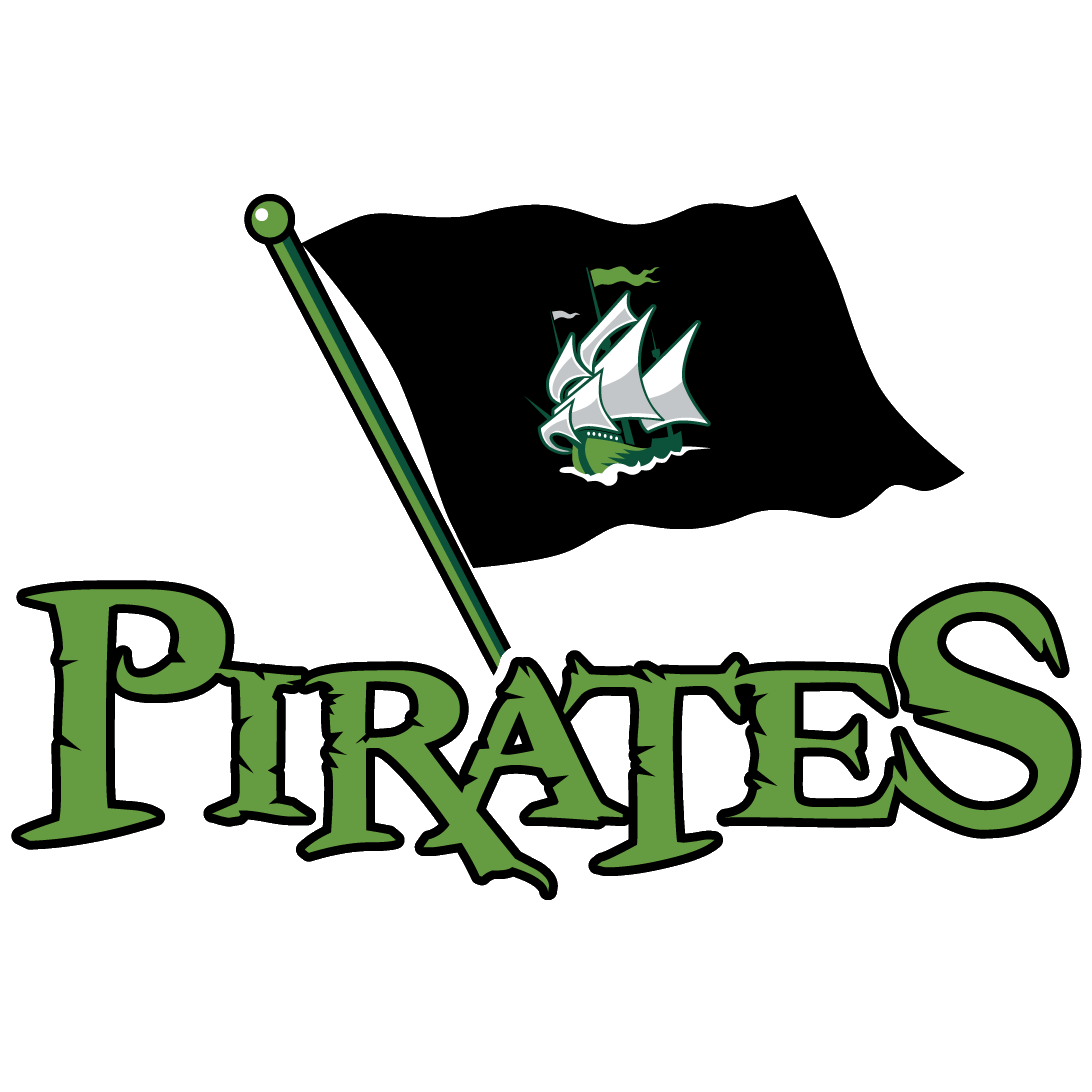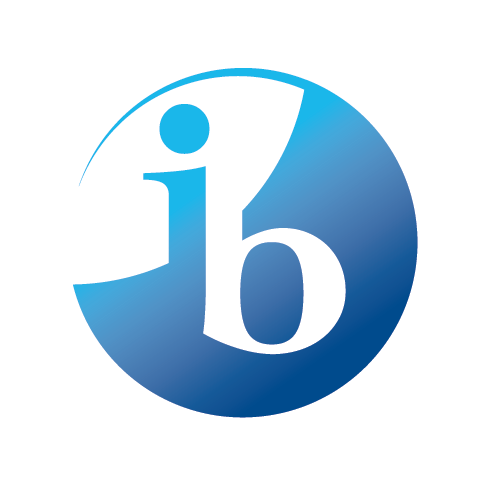Through approaches to learning in IB programmes, students develop skills that have relevance across the curriculum that help them “learn how to learn”
- IB programmes identify five ATL skill categories, expanded into developmentally-appropriate skill
clusters - ATL are not formally assessed in the MYP
- All teachers in MYP schools are responsible for integrating and explicitly teaching ATL skills
- The most effective way to develop approaches to learning is through ongoing, process-focused
disciplinary and interdisciplinary teaching and learning - A concept-driven curriculum that uses ATL skills effectively enables all students to become
stronger, more self-regulated learners
Approaches to Learning
- Communication
- Social
- Self management
- Research
- Thinking
Our Work Habits Rubric is based on Approaches to Learning.
At CLP, teachers record each student's practice of the ATL skills in the gradebook as a "work habit" grade. Teachers update these scores quarterly to demonstrate student growth.
E=Expert (I can do this effectively and show others how to do it.)
P=Practitioner (I can do this effectively and confidently.)
L=Learner (I can do this if I see someone else do it first.)
N=Novice (This skill is new for me and I watch others do it.)



